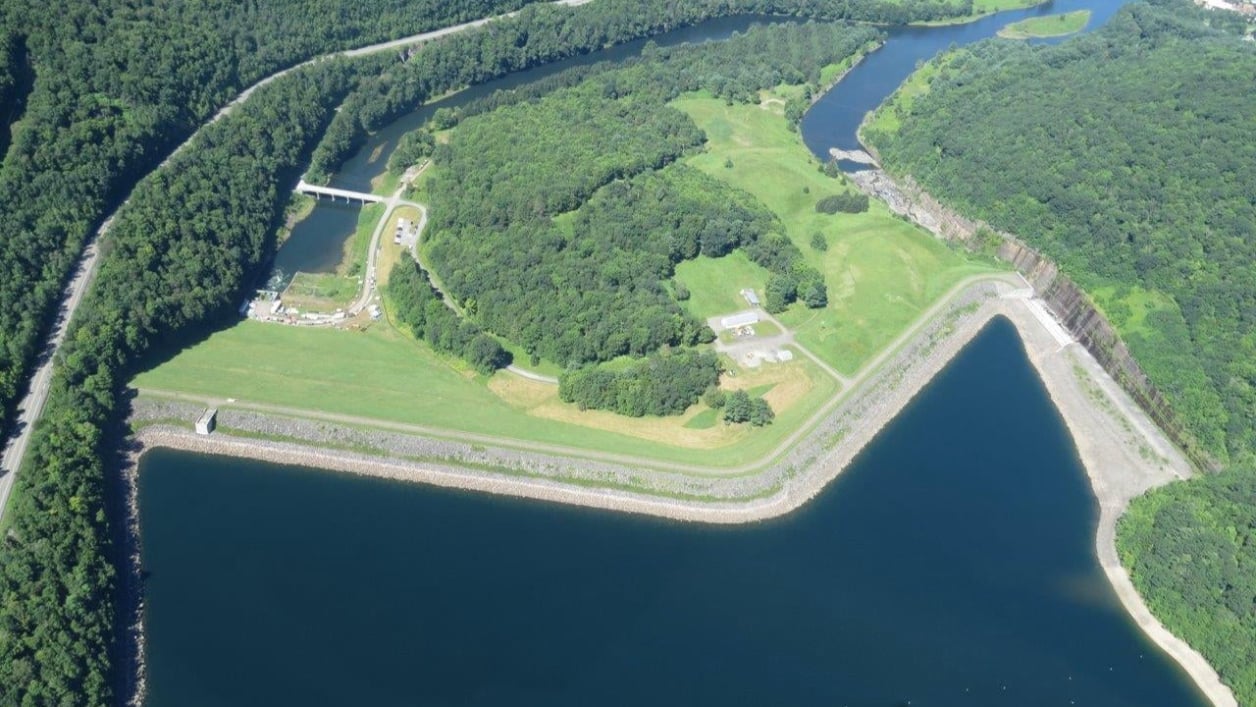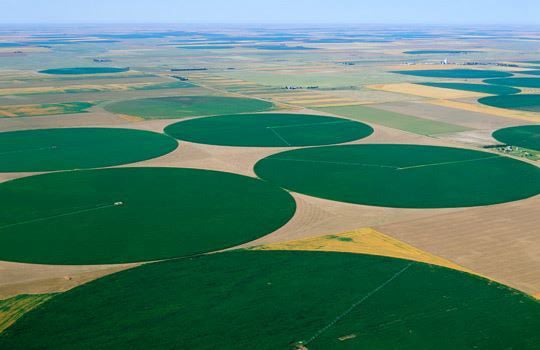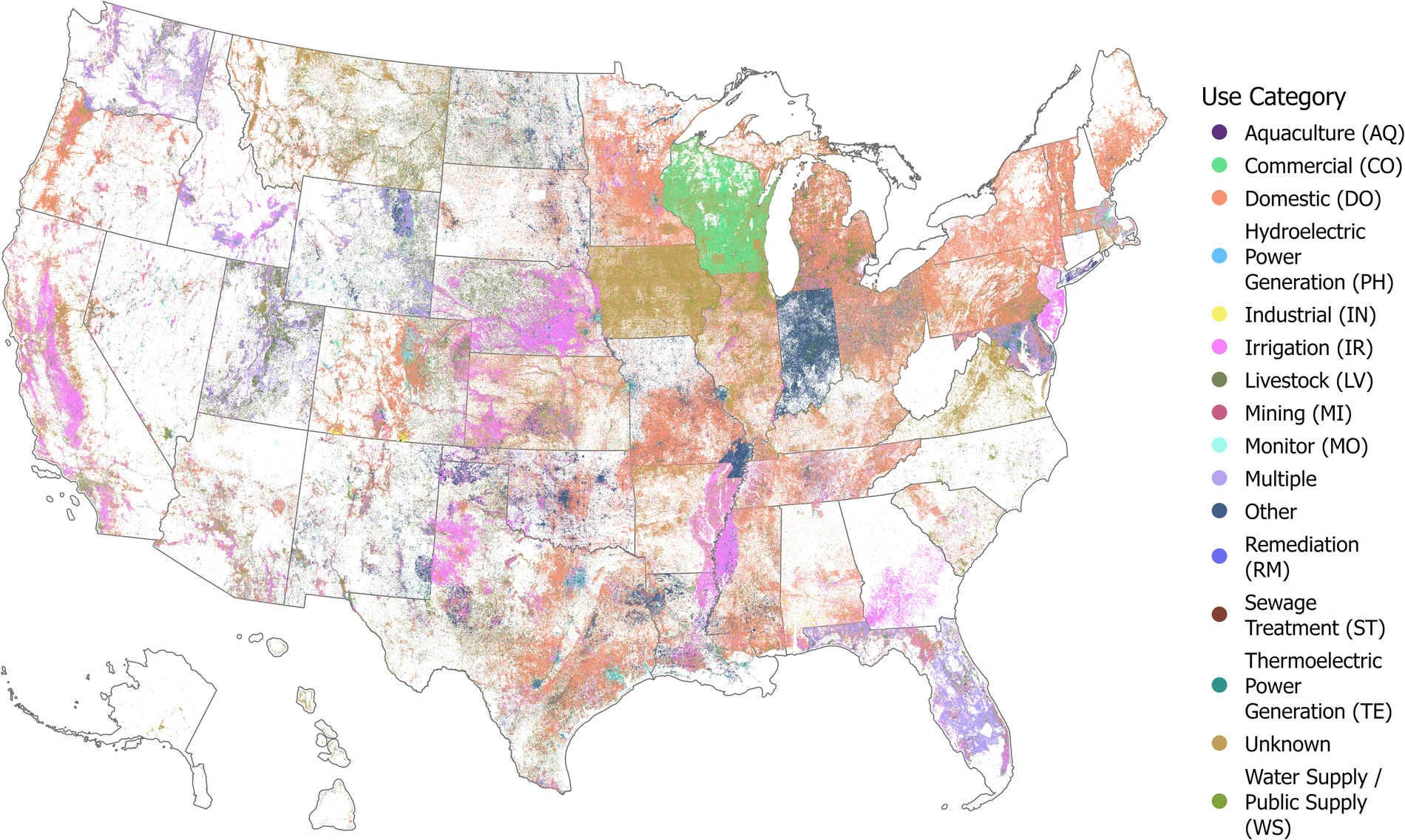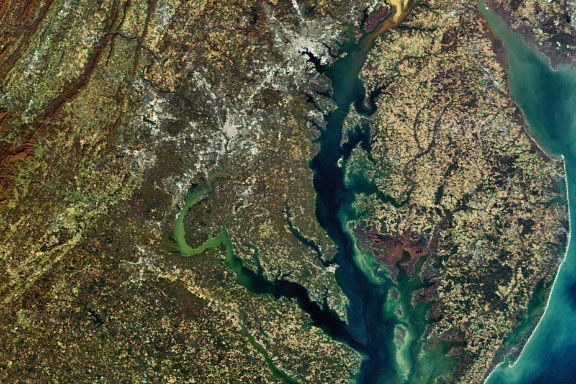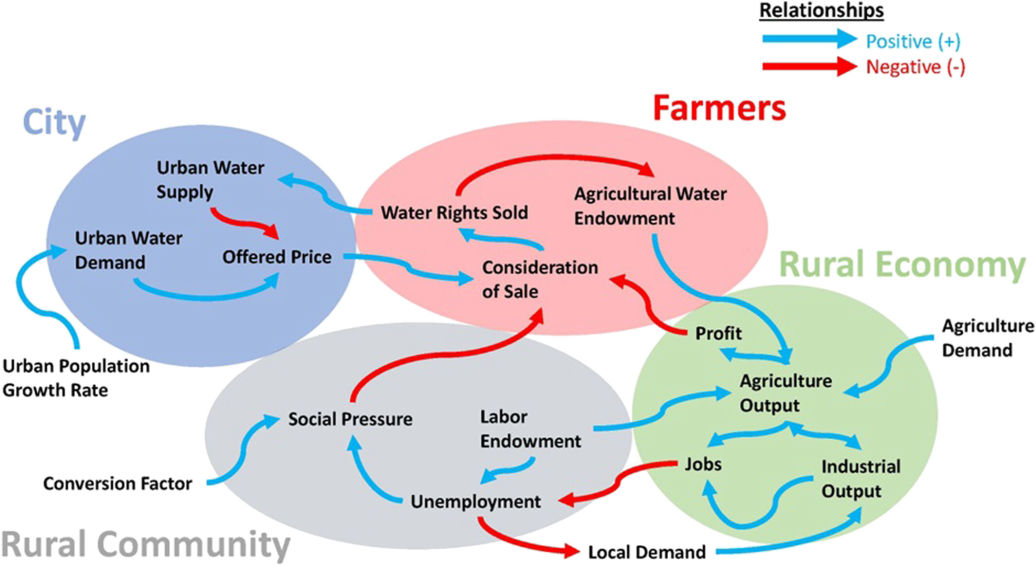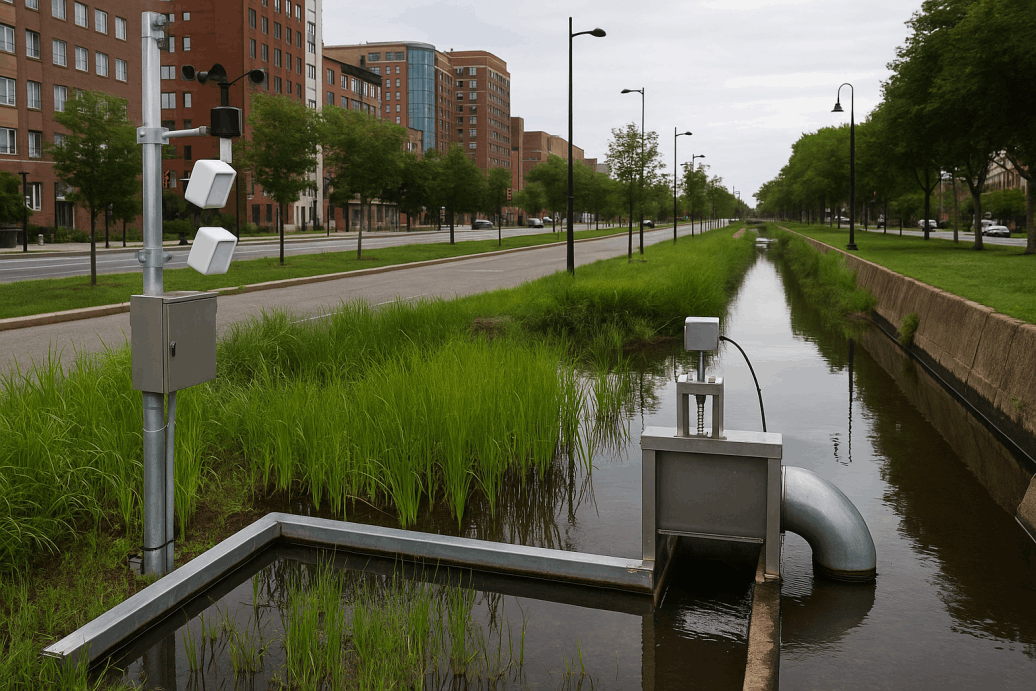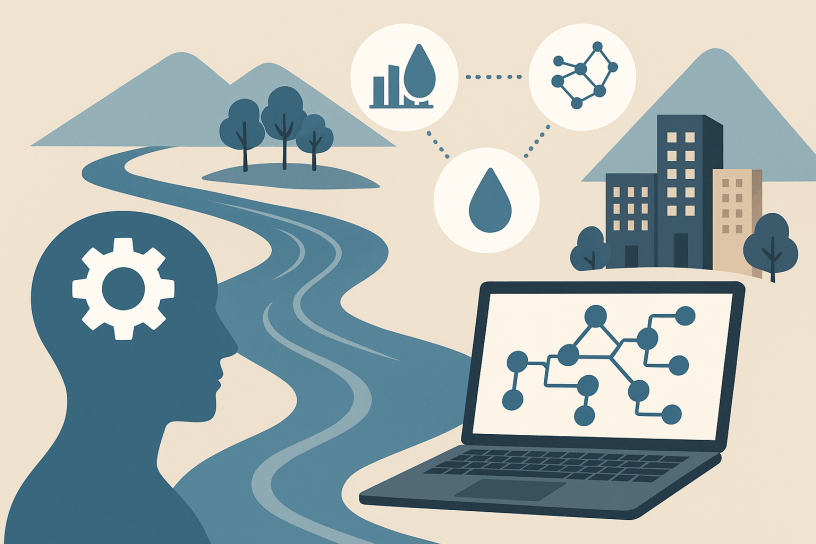
LINS Lab aims to understand the most consequential drivers and their impacts on the co-evolutionary dynamics of coupled human-water systems. These systems are confronting deeply uncertain future conditions that fundamentally shape risk-based decision making.
Understanding human behaviors and their co-evolution with natural and built environments is crucial for addressing complex global water challenges. Our work advances this understanding by integrating social and engineering perspectives to support risk-based decision-making across governance levels—from local community decision-making to regional system planning and national policy advisories. We utilize a suite of system-based approaches, including agent-based modeling, data science, artificial intelligence, optimization, and decision theory, to enhance sustainable water resources management under changing climate and environment.
